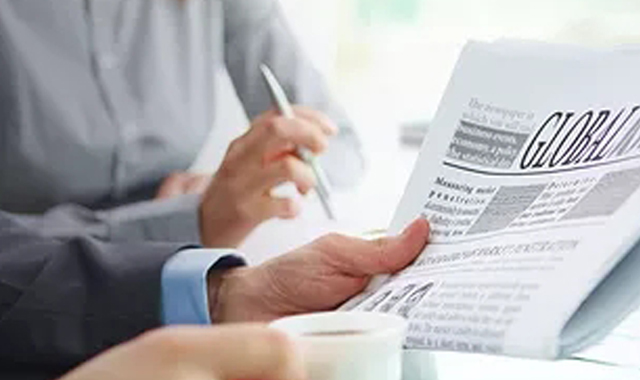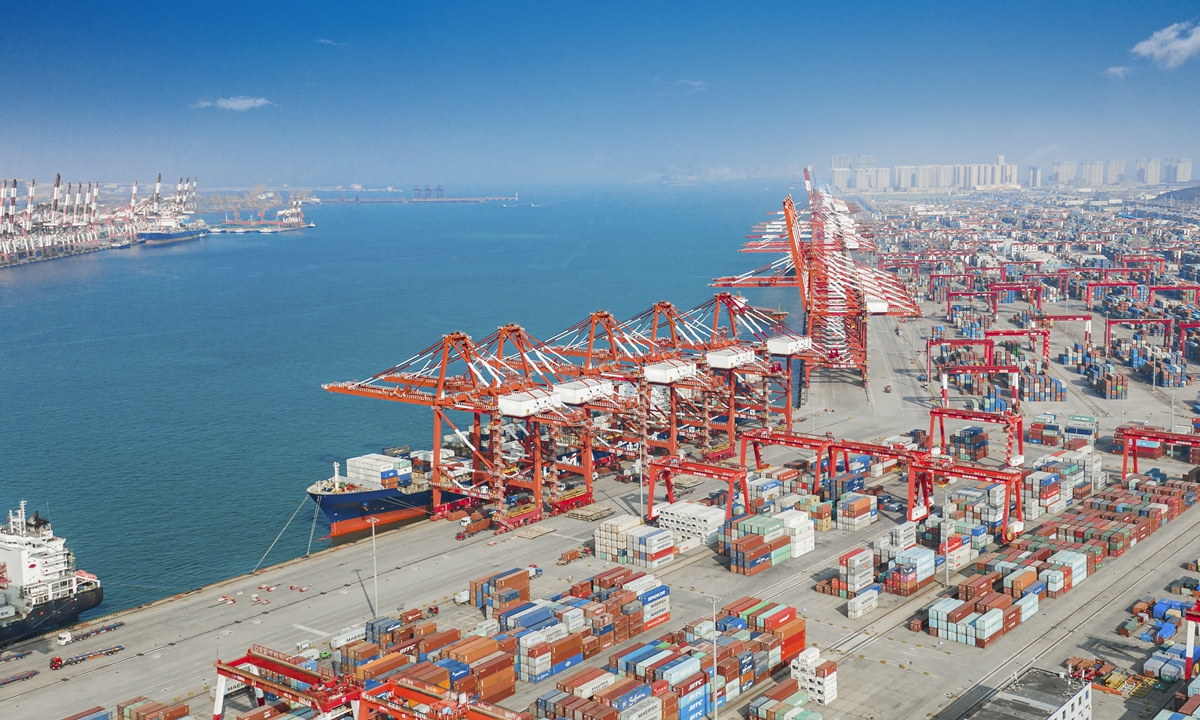-
17727404026


International express service company tells you Editor's Note:
Fifty years after late US President Richard Nixon's historic visit to China in 1972, China-US trade has undergone tremendous change in volume, quality and structure. Fifty years on, the bilateral economic and trade relationship is standing at a new crossroads and there has been much talk of the risk of a "decoupling" between China and the US. Against this backdrop, how should China and the US continue to make use of the communication mechanism established by the leaders of the two countries 50 years ago to resolve differences and continue to promote cooperation? In an interview with the Global Times reporter Wang Yi (GT), Nicholas Platt, the long-time US diplomat who witnessed the historic visit firsthand offered his views.
Nicolas Platt,President Emeritus of Asia Society Photo:VCG
Nicolas Platt, President Emeritus of Asia Society Photo:VCG
GT: After his trip to China, President Nixon described the visit as "the week that changed the world." As someone who witnessed the historic visit firsthand, what was your most memorable moment of that trip?
Platt: The most memorable moment of the historic visit was then US President Richard Nixon came down the airplane and shook hands with then Chinese Premier Zhou Enlai. Zhou was waiting for Nixon. Everybody was wondering whether their handshake would occur. I remember Nixon shook hands with Zhou again and again and again. That was the beginning of the restoration of our relationship.
GT: Looking back, how do you view the historical significance of that trip?
Platt: It is of such significance that the relationship between the US and China was restored, and it was shown by on both sides to being approved. That was the sweetest news.
GT: In the five decades since the visit, China-US trade has grown a hundredfold. In terms of trade and economic cooperation, how has that historic trip benefited both countries and peoples?
Platt: I think the key is the economic relationship has benefited both sides. It's run to a huge size. It's not just the trade and economic relationship witnessed huge growth. The people-to-people relations also grew and continued to benefit both sides. For example, the relationship between the Philadelphia Orchestra and China continues to develop.
A containter terminal of Qingdao Qianwan Port in East China's Shandong Province Photo:VCG
A containter terminal of Qingdao Qianwan Port in East China's Shandong Province Photo:VCG
GT: Given the current difficulties in China-US diplomatic ties, some in the US are critical of the visit that started bilateral relations between the two nations. How do you view such attempts to blame that trip for current tensions? What lessons can both sides learn from that trip to improve bilateral ties?
Platt: I don't regard that as a valid way of thinking. We can look back at the visit and then celebrate it. But the day-to-day development of the relationship is up to the people who are managing and who want to benefit from it.
As a matter of fact, Chinese and Americans talk to each other, in order to manage these people-to-people relationships. Bankers and participants in economic relations talk to each other nearly every day. I suspect that military people talk to each other as well. Nobody wants to make a mistake that will lead to conflict.
We've had 50 years of a relationship in which the leadership in both countries keeps in contact. The mechanism for working out our diplomatic differences is there.

GT: You have witnessed China-US ties grow from scratch to the world's most consequential bilateral relationship and have made great contributions to promoting people-to-people exchanges. In your view, how should the two countries resolve disputes and pursue constructive engagement?
Platt: I think that both sides just have to do what comes naturally. My field is the music exchange, because both sides want to continue doing this. It goes on. And there are a lot of complications that come from the COVID-19 pandemic. But basically, the two sides want to continue these exchanges and they will.
GT: Economic and trade cooperation has been described as the "ballast stone" for bilateral ties; however, over the past several years, the US has waged a tariff war against China and has moved to sanction many Chinese firms. Do you think trade and economic cooperation can continue or even further expande? How business communities in both countries should move forward?
Platt: I think it can continue, because it's in the interest of both countries to do so. And there are economic organizations and companies that want to continue this relationship, so it will continue.
I don't know if it will expand. We don't know yet because you haven't been able to measure the impact of the pandemic. But there are people in both countries that want to continue trade relations and economic relations and investment relations.
China and the US both have to keep track of the disease in their countries, and they have to make arrangements so that they can continue their economic relationship, and jointly promote post-COVID economic recovery.
As for the blockade and other restrictions the US put on Chinese tech or other companies. I think both sides should keep talking to each other and work it out.
Global Times